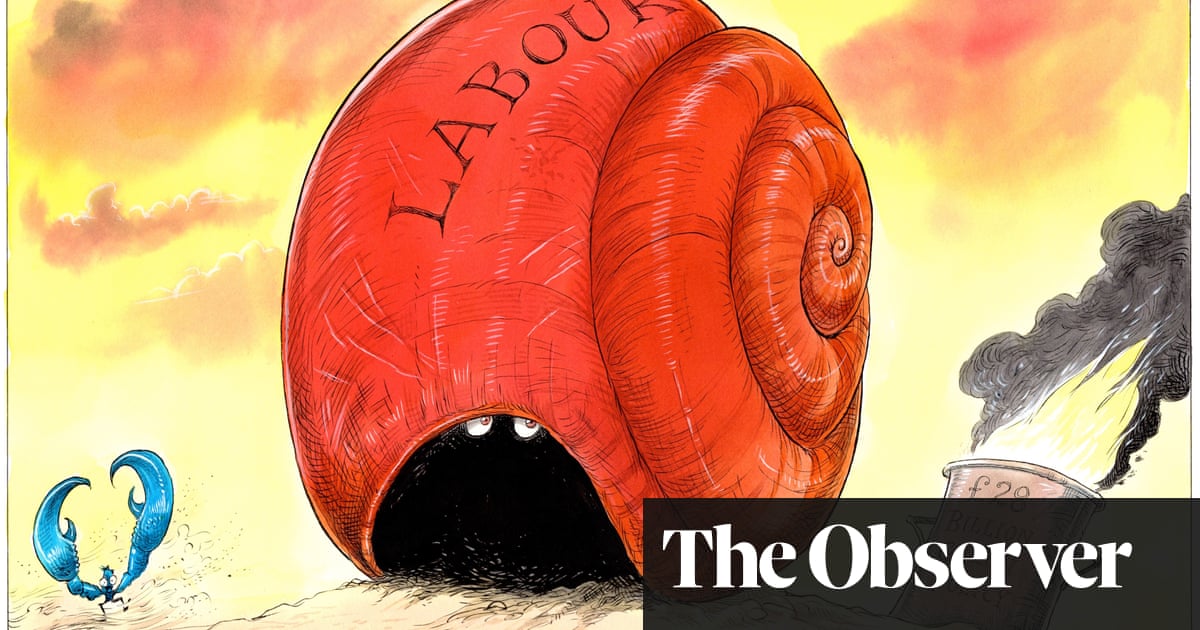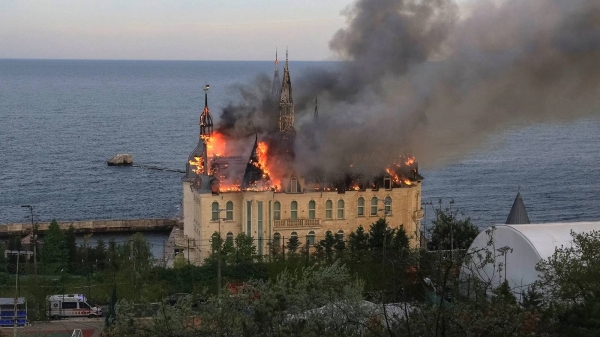
NEW YORK, Aug 11 (Reuters Breakingviews) - An experiment in compensating disaster victims with corporate stock has not gone well. Californian utility PG&E (PCG.N) last year earmarked around $6.8 billion of its equity for people who had experienced losses from wildfires it helped to cause. If PG&E performed well, so would they. But it didn’t.
PG&E declared bankruptcy in 2019 amid wildfire-related claims of $30 billion. While insurers and municipalities took cash during the restructuring process, individual victims accepted a $13.5 billion bundle of cash and stock, to be injected into a trust on their behalf. They now collectively own almost a quarter of the company’s shares.
On the surface, that has potential to be a good thing. Analysts on average predict PG&E will make over $9 billion of EBITDA in 2023, compared with less than $6 billion in 2018. But its enterprise value of $60 billion is under 8 times estimated EBITDA over the next 12 months, whereas peers trade over 11 times, according to Refinitiv. Closing this discount would more than double its $18 billion market capitalization.
Victims of past fires share PG&E’s risk, though, too. The company may have to spend $20 billion burying power lines, and while it might like to pass those costs on to customers, its rates are already among the highest in the nation.
Worse, the risk from fires has only been partially addressed. California established a $21 billion wildfire safety net for state utilities that PG&E can tap if it has over $1 billion of fire claims in a year. But if the toll from fires exceeds what’s in that pot, PG&E’s solvency might even be at risk. The shares have lost 15% of their value in a month. The victims’ stake has fallen in value to around $4 billion.
More fires are a virtual certainty. Nine of the 10 biggest conflagrations in California since 1932 have occurred in the past decade, and PG&E told regulators that its equipment may be linked to the giant, currently raging Dixie Fire, too. Compensating victims will be a recurring challenge; giving them a volatile asset prone to falling in value turns out to be a poor solution.
Follow @rob_cyran on Twitter
- The Dixie Fire is now the second biggest wildfire since 1932, according to the California Department of Forestry and Fire Protection. It has been burning for 28 days and is 27% contained, the state agency said on Aug.
10.
- PG&E, the nation’s largest electric utility, told the California Public Utilities Commission on July 18 that its equipment may have been involved with the start of that fire.
- The company filed for bankruptcy in January 2019 following a series of wildfires in 2015, 2017 and 2018. As part of a settlement, the Fire Victim Trust received half of an expected $13.5 billion payout in stock and the rest in cash. The trust owns about 24% of the company’s shares, worth around $4 billion.











